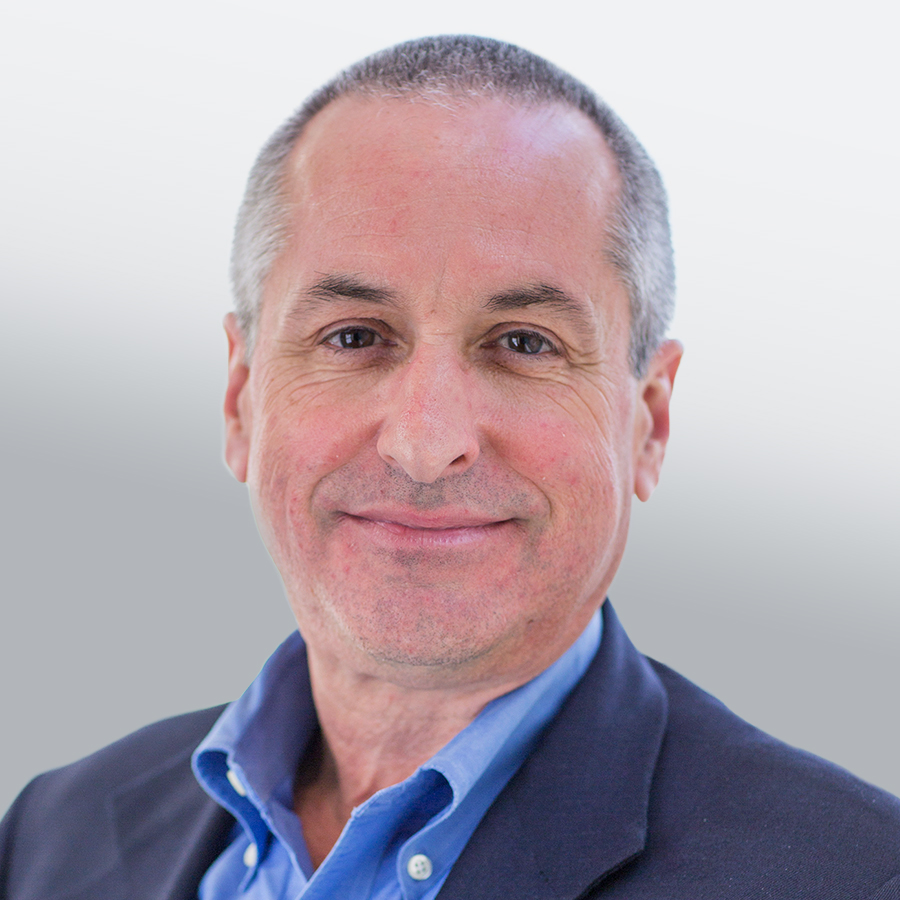Daily Discoveries
Among his many accomplishments in biotechnology, Dr. Nils Lonberg pioneered the use of genetically engineered mice for antibody drug discovery, which led to numerous FDA-approved monoclonal antibody treatments, including several novel cancer therapies. Now, more than two decades later in his role as senior vice president of oncology biology discovery at Bristol-Myers Squibb, Dr. Lonberg leads a drug discovery group responsible for identifying potential immuno-oncology (I-O) treatments and furthering the scientific understanding of I-O to help reach more patients.

